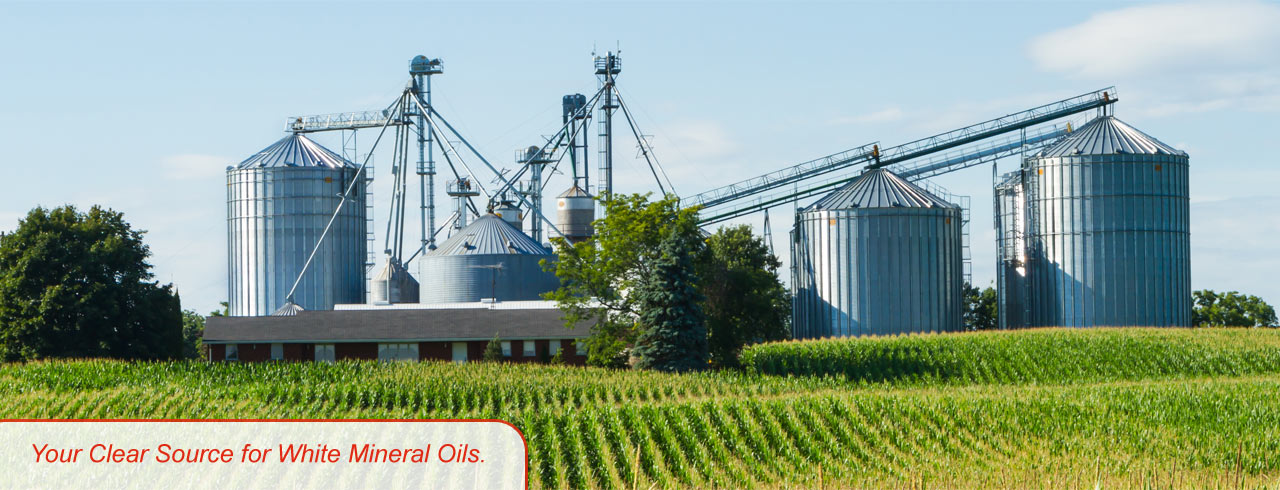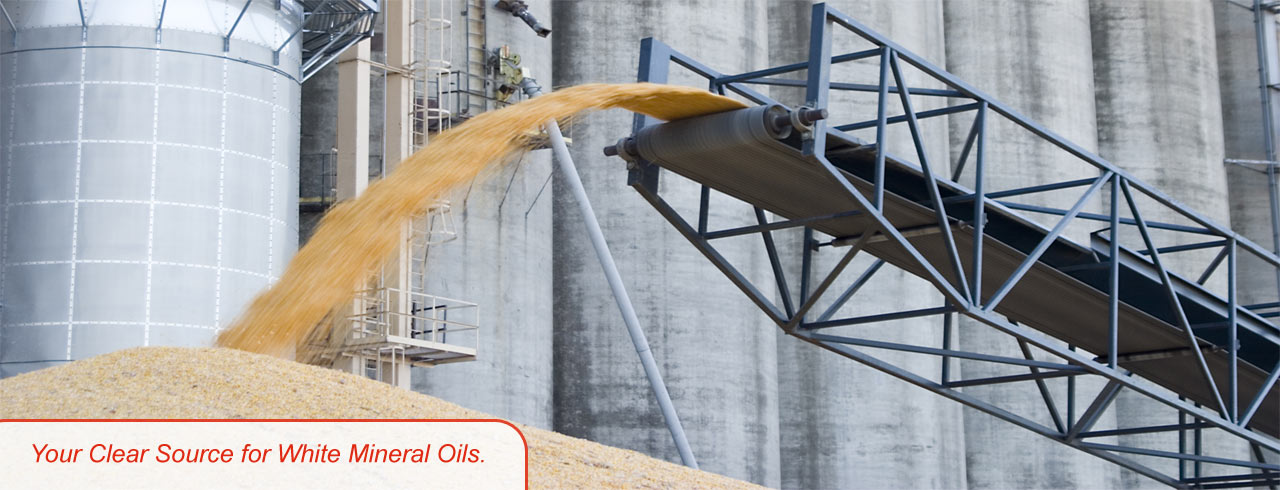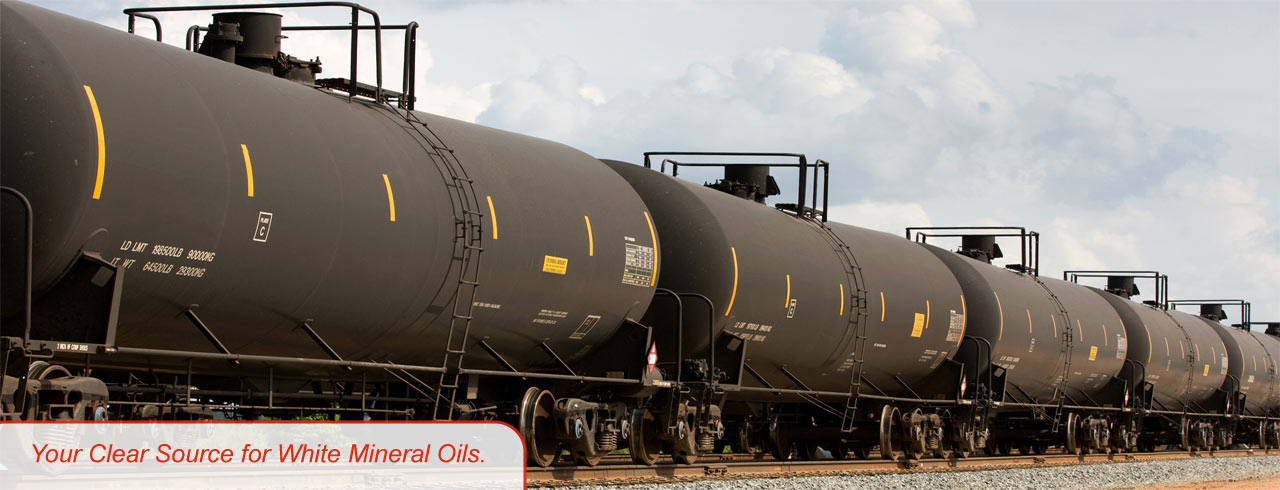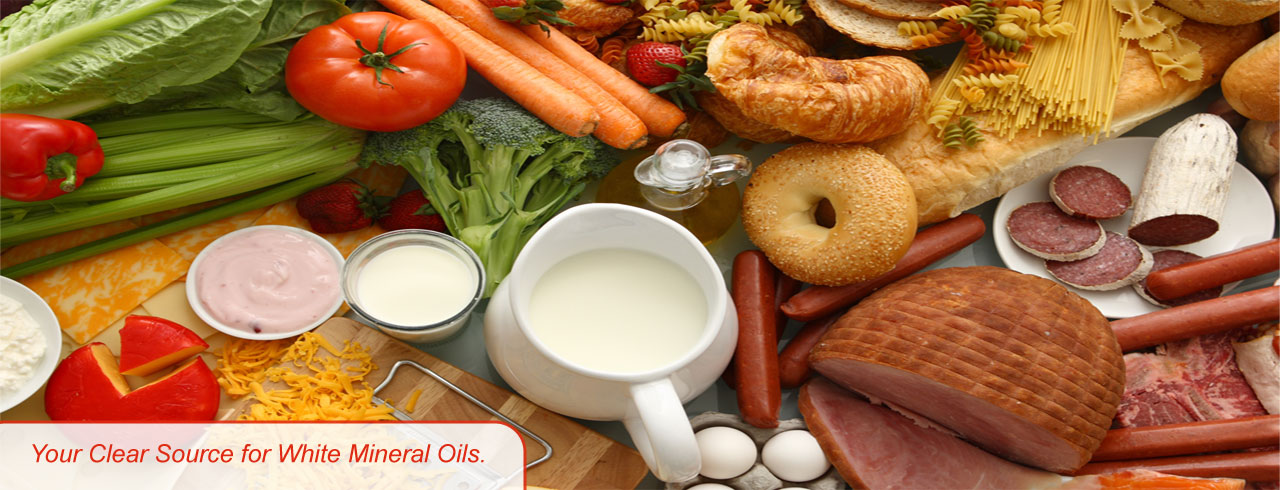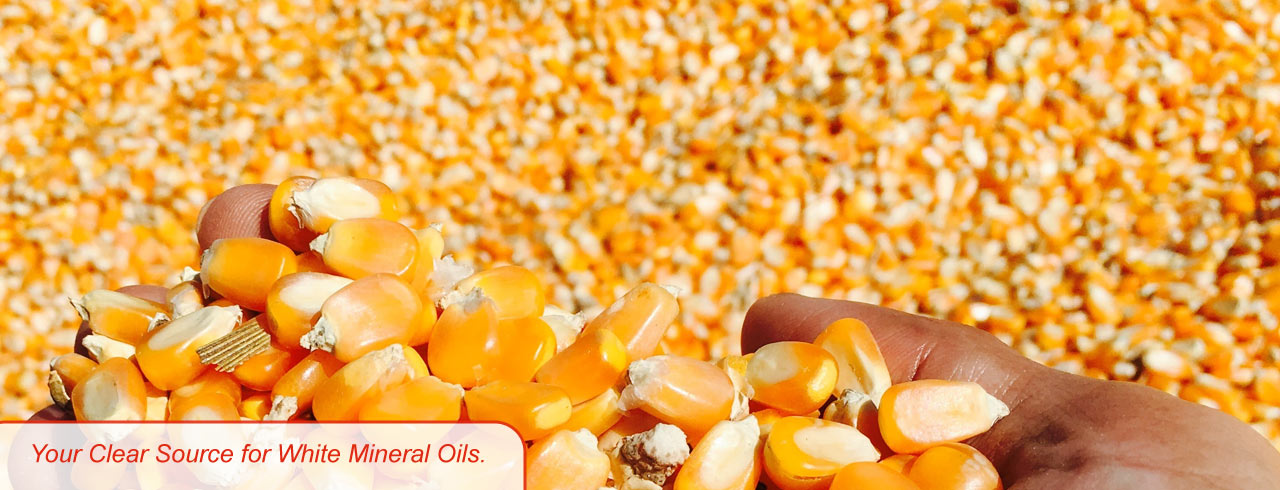Mineral Oil in Agriculture: Lubricants, Preservatives, and More
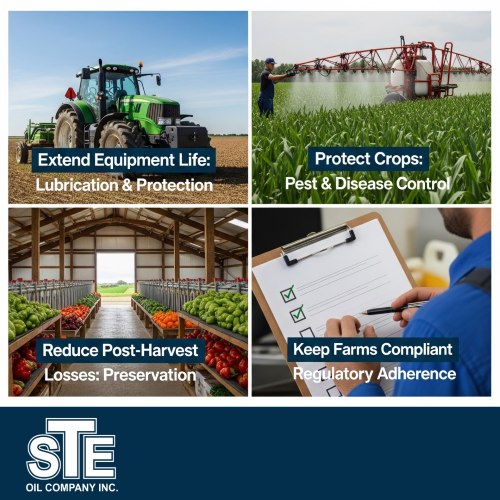
How mineral oil supports equipment maintenance, crop protection, and compliance in agricultural settings.
Agriculture is a business of thin margins and big responsibilities. Farmers and agricultural businesses must balance productivity, efficiency, and regulatory compliance — all while protecting crops, equipment, and ultimately, their bottom line. While many solutions exist to support these efforts, one versatile product stands out: mineral oil.
From lubricating machinery to protecting harvested crops, mineral oil plays a quiet but powerful role across agricultural operations. Here’s how.
1. Equipment Maintenance: Keeping Operations Running Smoothly
Agricultural machinery is one of the largest investments farmers make, and downtime can be costly during critical planting or harvest windows. Mineral oil offers:
- Reliable lubrication for engines, gears, and moving parts
- Resistance to oxidation and breakdown, even under heavy use
- Protection against corrosion, especially in equipment exposed to outdoor conditions High-quality mineral oil ensures smoother operation, reduces wear and tear, and extends the life of costly equipment — which means fewer repairs and replacements over time.
2. Crop Protection: An Alternative Tool in Pest Management
- Mineral oil has long been used in crop protection as a safe and effective horticultural oil. Applied as a spray, it helps by:
- Smothering soft-bodied pests like mites, scale insects, and aphids
- Reducing the spread of certain plant diseases
- Serving as an alternative or complement to synthetic pesticides Because of its physical mode of action, mineral oil can fit into integrated pest management (IPM) programs, helping farmers reduce reliance on harsher chemicals while staying compliant with agricultural regulations.
3. Preservative Uses: Extending the Life of Harvested Goods
In storage and transport, crops face threats from both moisture and pests. Food-grade white mineral oil is often used as a preservative coating on produce and grains to:
- Reduce moisture loss
- Maintain appearance and freshness
- Protect against insect damage during storage
This not only helps farmers deliver higher-quality goods but also reduces post-harvest losses that eat into profitability.
4. Compliance and Safety Considerations
Agriculture is a highly regulated sector, particularly when it comes to products that contact food or the environment. High-grade mineral oils (such as NSF- or USP-approved formulations) give farmers peace of mind because they:
- Meet strict food safety and environmental standards
- Provide versatility across both equipment and crop-related applications
- Reduce the need for multiple, non-compliant products on the farm
By choosing compliant mineral oils, farmers simplify procurement and ensure they remain aligned with USDA, FDA, or state-specific agricultural requirements.
5. Cost Efficiency Across the Farm
Beyond performance, the economics matter. One product that can act as a lubricant, pest management tool, and preservative represents real value:
- Lower equipment maintenance costs
- Reduced crop loss during growth, storage, and transit
- Streamlined inventory, since a single product can serve multiple uses
In an industry where margins are tight, the versatility of mineral oil delivers a measurable return.
Conclusion: A Quiet Workhorse on the Farm Mineral oil may not always make headlines in agriculture, but its impact is undeniable. Whether keeping tractors running, protecting crops, or ensuring compliance, mineral oil offers farmers a cost-effective, versatile tool that supports productivity at every stage of the operation. By incorporating high-quality mineral oil into their operations, agricultural businesses can achieve better results without compromise — keeping both crops and equipment in top shape.










